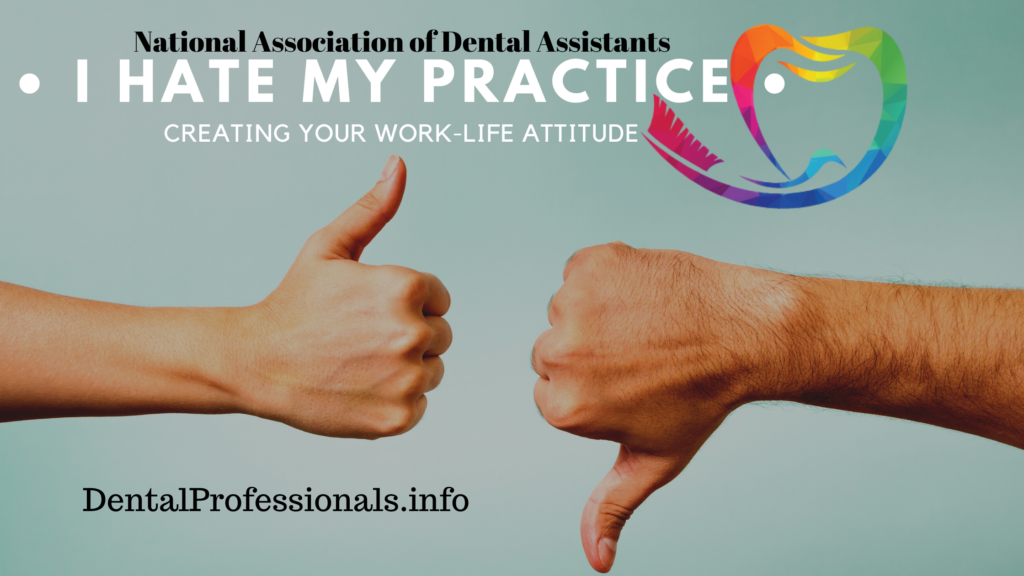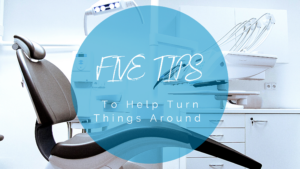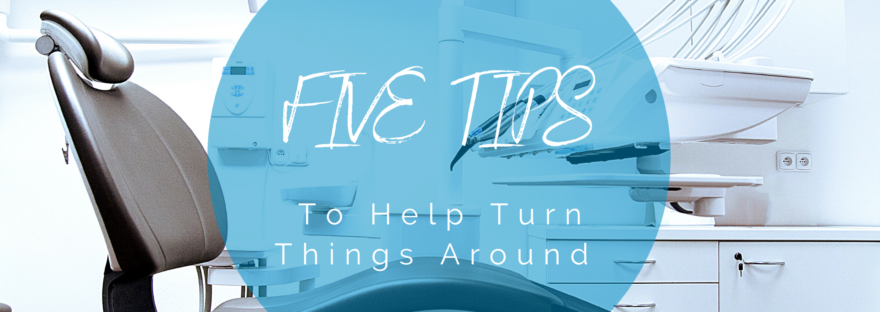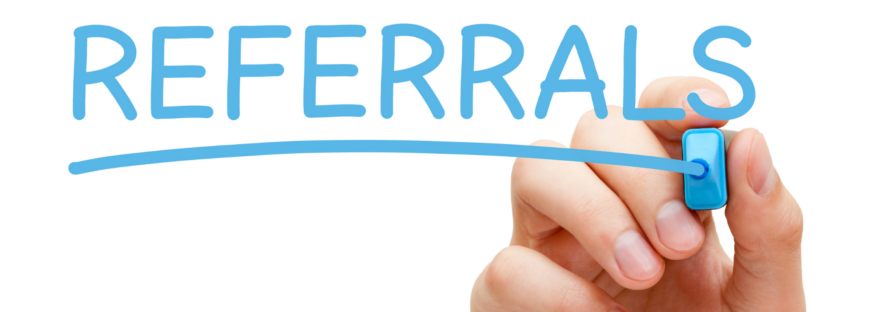
Many jobs can be frustrating, and it’s common to get burnout every once in a while. How can you refocus on your goals and push forward? You might hate your practice right now, but consider a step back before making other big decisions. Is this something that the people around you are feeling, as well? These are some questions to consider as you move through your feelings.
In this case, you might own a dental practice and might be frustrated with how it is operating. Perhaps some business moves have not panned out the way you hoped. You also may be an employee at a dental practice and feel like they don’t have the right plans or vision for the practice. Here are some tips that could potentially change your perspective.
Emphasize the Positive
Many things might be frustrating about your job, but it’s also essential to remember the good parts of a dental practice. There’s a good chance that you have helped many children, families, adults, and seniors with their dental care and overall health.
It might be hard to balance work life and home life, but always remember that your work does help patients and keeps them healthy. A positive attitude about your impact might be the change you need to enjoy your job again!
New Traditions
Let’s say that a dental practice is getting more tense thanks to personal feuds or a pattern of miscommunication. It might be time to consider a new tradition such as a virtual happy hour to help employees blow off steam and get to know each other outside of the practice.
Small traditions can help a lot when it comes to communication, bonding, and overall employee morale. It doesn’t matter if it’s a soccer game or a monthly meal – start a new tradition that gets others excited!
Keep it Professional
You might hate your dental practice because of a particular person you work with, but this is not a reason to jeopardize your career. Many people let their temper get the best of them and end up facing consequences when they could’ve managed their emotions better.
It might be tempting to complain about your job on social media or start yelling at co-workers. Please resist the urge to do so; your future self will thank you for it.
Use Humor
You can work hard and still have fun at a dental practice. One of the easiest things to do is to consider injecting a bit of humor throughout the day, whether it involves telling some jokes, sharing a funny news story, or just dressing up with a funny accessory every once in a while.
You can’t hate a dental practice where you are having fun, and humor helps drive that point home.

Understanding and Addressing Unconscious Bias
Unconscious bias occurs readily in society, and most people wouldn’t believe they have one. It’s a type of prejudice or stereotype that individuals believe or
Caring for Patients with Special Needs
Dental offices can be particularly scary for people with special needs, especially if it is a new environment with people they don’t recognize. As a
How to Wash Your Masks
Proper Cleaning and Storing of Your Reusable Masks The growth of the protective face mask market went up by 400% in 2020. Because of the
Managing Emotional Health as an Essential Worker
The pandemic has made it so that millions of people worldwide have to change how they think about “work”, whether it involves working remotely or

I Hate My Practice
Many jobs can be frustrating, and it’s common to get burnout every once in a while. How can you refocus on your goals and push
Differing Opinions and How to Talk About It
Everyone Has an Opinion There are all sorts of issues that polarize human beings. For example, you may have different opinions regarding religion or politics









